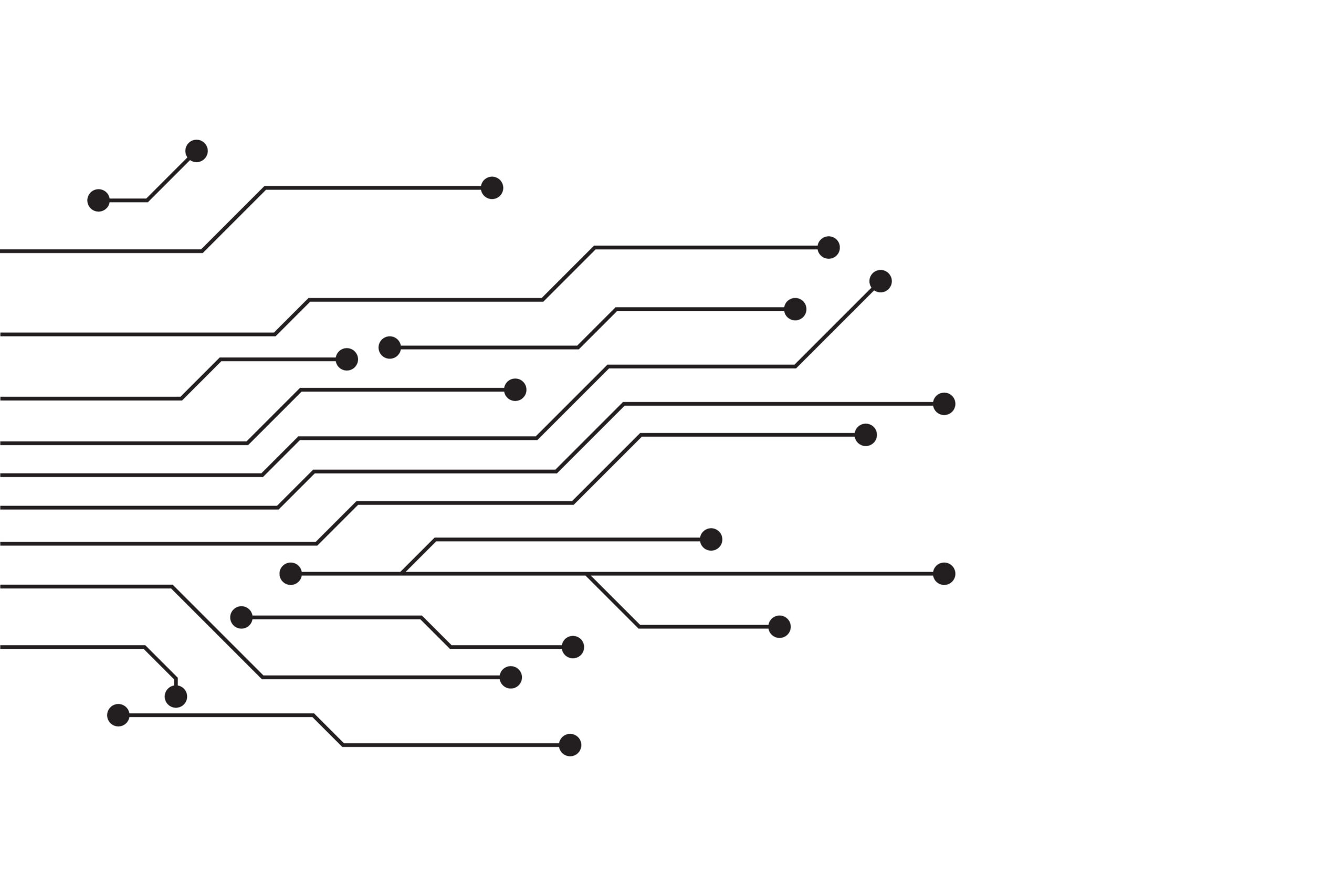Master’s in Computer Science

Transform your Computer Science career. Be in demand.
Experienced Tech professional? Or looking for a career change?
Clark has the program for you.
A Clark University Master of Science in Computer Science (MSCS) gives you the powerful combination of knowledge, skills, and hands-on experience, and access to a network of industry professionals to accelerate your career.
Degree Concentrations: Software Engineering | Human-Computer Interaction | Data intelligence
Flexible Learning Options: ON-Campus, Online, or Hybrid
Clark makes it easy to pursue an advanced computer science degree on your terms. Our flexible delivery includes full time, part time, and on-campus or online study, so you can choose your educational journey, and earn an MSCS in as little as one year with full time study.
Choose the Computer Science Path That’s Best for You
MSCS On-Campus
- Study fully in-person or combine with online
- Complete in as little as one year with full-time Spring, Summer, and Fall study
- STEM/OPT Eligible
MSCS Hybrid
- First year online
- Second year on campus: fully in person or combine with online
- STEM/OPT Eligible
MSCS Online
- Fully online
- Asynchronous flexibility
No Computer Science Background? No Worries
 With Clark’s Jump Start career transition program, students can gain the foundational knowledge they need to bridge their career and earn our MSCS. Students who successfully complete these courses can seamlessly transition to full-time study in just one or two semesters.
With Clark’s Jump Start career transition program, students can gain the foundational knowledge they need to bridge their career and earn our MSCS. Students who successfully complete these courses can seamlessly transition to full-time study in just one or two semesters.
MSCS Jump Start
- Perfect for career changers
- Three foundational courses: online or on-campus
- Asynchronous flexibility
- Transition to MSCS upon successful completion
Fast Track Your Way to Top Employers
Degree programs include academic advising, career support, and experiential learning opportunities. Acquire real-world experience via internships that bolster your resume and connect you to our vast employee network, and connect with potential employers at leading companies long before you graduate.
A Degree that Delivers Opportunities
- Social media networks
- Cloud services
- Financial
- Healthcare
- Professional services
- Scientific
- Manufacturing
- Retail
Career Outcomes
- UX/UI Product Designer
- Digital Content and Information Designer
- Data Scientist
- DevOps Engineer
- Software Designer
- Software Architect
- Artificial Intelligence Specialist
- Web Developer
- Business Analyst
THE ESSENTIALS
Program Overview
Learning plus real-world experience
We place a strong emphasis on experiential learning, through internships or capstone research. This approach allows you to apply and improve your professional skills, analytic and research skills, and pragmatic problem-solving in areas specific to your professional aspirations. Gain valuable experience testing your theories and implementing creative solutions to complex problems while acquiring the practical experience you need to advance in your career.
Our outcome focused, rigorous curriculum emphasizes core computer science competencies, while also exploring areas like machine learning, data mining, Human Computer Interaction, mobile computing, and cybersecurity. We emphasize standalone skills-based training, coupled with the ability to “tell a story with data,” making you a more effective data communicator. Become a well-rounded, confident leader ready to solve real-world problems in your career.
Our instructors have specific topical expertise and provide an optimized learning process and practical application of the technical and soft-skills learned. With easy access to an additional portfolio of potential electives, offering expertise in Cybersecurity, IT Architectures, and Analytics, students can construct an educational experience that is uniquely focused on their own career aspirations, including pursuing concentrations in Big Data and Human Computer Interaction (HCI).
Designed for flexibility with your busy schedule, our program can be completed on a part-time basis and is available in online, on campus, or hybrid modalities. Students studying full-time can earn their degree in less than two years. Start dates for the program are in January and September.
Learning Outcomes and Competencies – School of Professional Studies
The following sections talk about the specific programmatic outcomes for each credential. For programs at the Masters level, a core of five core operational competencies informs our theoretical framework for all Clark University School of Professional Studies Master’s degrees. Graduate certificates are not held to the same holistic standard as they are considered to be narrower in focus and more applied in practice. For the credentials at the Masters level, those competencies are:
| Core Competencies for SPS Master’s Degrees | |
|---|---|
| Organizational Systems OR Foundational Elements for STEM Programs | Developing an appreciation and understanding of the interdependence of the parts of a system will result in effectively and efficiently assisting an organization by developing its strategy and delivering its intended mission. For STEM credentials, a solid foundation in analytical and diagnostic competencies which will enable the student to succeed from a technological perspective. |
| Ethics and Social Responsibility | The SPS curriculum will stress the importance of ethics and corporate social responsibility, so all SPS students are aware of the advantages of ethical behavior in business and professional life, and can act from a moral point of view. The notions of ethics and social responsibility are extended to STEM programming through the lens of the issue of data and programming integrity that can inform systems and analytical architecture that is applied in a fair and equitable manner. |
| Applied Research | As a professional, the SPS graduate will have the ability to call upon research methodologies to solve practical problems organizations and individuals encounter. Our professional focus demands that informed research is a core value to knowledgeable problem-solving. |
| Workplace Dynamics, Communication, and Career Management OR Core Technologies Necessary to Meet STEM Industry Standards | Workplace dynamics involve the relationships among the members of an organization, including departmental and interpersonal relationships. The capacity to communicate effectively is an essential skill for the successful professional. Career is an integral component of a professional’s life, and career can be maximized by an awareness of opportunities available consistent with individual talents. For STEM-based programs, core technological applications and industry standards will be presented to form a foundation of programming and problem-solving competencies for a successful workplace experience. |
| Theoretical Grounding | Each SPS degree is part of a field of study based upon a collection of theories that have proven to be effective when applied to challenges. Students will develop an appreciation for how arguments are used to explain, predict, and understand phenomena. |
M.S. in Computer Science
The Master of Science in Computer Science is designed to equip students with advanced skills and knowledge in the planning, design, development, implementation, testing, and evaluation and deployment, of computing systems. Specific areas of study include Big Data and Human Computer Interaction. These skills form necessary foundations for solving practical problems that arise in business, industrial, governmental, and other organizations, as well as for pursuing doctoral studies in information technologies. We are confident that our degree and its concentrations will provide graduates with the skills necessary to work as professionals and take on leadership roles in their organizations. This program offers students the opportunity to develop operational competencies in five foundations.
| Operational Competency | Learning Outcomes |
|---|---|
| Organizational Systems — to understand the organizational role played by modern computing technology.
Course: MSCS3021 – Human Computer Interaction |
|
| Ethics and Social Responsibility — to apply values and ethics within the public service and non-profit sectors.
Course: MSCS3027 – Social Informatics |
|
| Workplace Dynamics, Communication, and Career Management — to lead, manage, and engage others in an organization.
Course: MSDA3060 – Data Visualization and Story Telling |
|
| Applied Research — to analyze information for effective and efficient decision-making.
Course: MSCS3098 – Directed Research and MSCS3999 – Capstone Practicum |
|
| Theoretical Grounding — the study of a business problem domain to recommend improvements.
Course: MSDA 3050 – Applied Machine Learning |
|
- Understand and use general algorithmic design and problem-solving techniques.
- Learn to examine published research, code, and other design documents to understand the problems being described and solved.
- Develop an understanding of how large systems are developed and maintained, with an emphasis on testing and software engineering tools.
- Learn the methodologies of data analytics.
- Gain a working understanding of the framework and tools for making better, information-driven business decisions.
- Develop the skills the effectively “tell a story with data;” understand your audience, synthesize findings, and create effective dashboards, presentations, and reports.
- Gain a working understanding of the fundamental concepts and components of human-computer interaction.
Core Courses:
- Design & Analysis of Algorithms
- Software Engineering
- Survey of Operating Systems and Programming Languages
Curricular Concentrations and Electives:
Big Data Concentration (choose 3)
- Applied Data Analytics
- Applied Machine Learning
- Data Warehouse and SQL
- High Performance Computing for Machine Learning
Human Computer Interaction Concentration (Choose 3)
- Data Visualization and Storytelling
- Human Computer Interaction
- Usability Engineering
- Social Informatics
Additional Electives (choose 3)
- Network Architecture and Design
- Compiler Design
- Computer Vision
- Numerical Analysis
- Operating Systems
- Internship
REQUIREMENTS
10 course units
- 3 core courses
- 6 elective courses
- 1 experiential learning course

